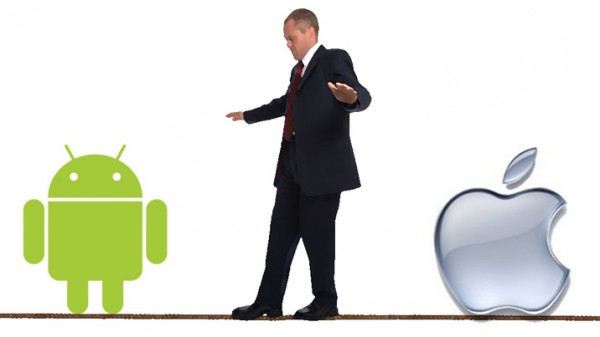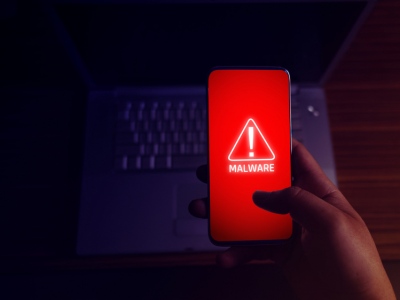
Smartphones are private devices, we use ringtones from a favorite song and photograph of your loved ones as wallpaper. And as if it isn’t enough, we put our name, address, and email numbers in it. But these phones are not always your best friends, they may not keep secrets well. There are many ways a phone can share your important data to the whole wide world.
Recently, Wall Street Journals, examined more than a hundred of popular apps from both Android and iPhone platform; and discovered that more than half are sending the phone’s ID to a third-party organization without your approval. A few even distribute your age, gender and other important information.
Many smartphone apps gather and distribute your important information with relative ease due to the lack of privacy policy. Unfortunately, there is nothing you can do. For example, TextPlus 4, a commonly used iPhone application may send your device’s ID number, zip code, age and gender to eight or more advertising companies.
Pandora, a popular music application, which is available in both iPhone and Android platforms, sends your age, location, gender and phone’s ID to other advertising networks, while Paper Toss, also a popular game, distributes your phone identifier to five advertising companies. Obviously, if you have these three apps simultaneously on your device, your “private” information is widely available on the advertising industry.
Although Apple has claimed that they review each application submission in its App Store, it is evident that it has neglected data theft and consumer security factors.
Unfortunately, there is nothing users can do to prevent third-party apps from sending their important data, except by removing the apps completely from their devices. When contacted, developers of those apps argued that any data given to third-party firms are not linked someone’s name. They claimed that they only sent age and gender information as volunteered by users.
When purchasing a smartphone app, it is important to understand one basic form of user protection, the privacy policy. Nearly half of apps sold today don’t contain any kind of privacy policy as Google and Apple do not require a privacy policy in applications.
The most commonly shared information shared is your device’s unique ID number, for example, on iPhones it is called “UDID” (Unique Device Identifier). These numbers can’t be blocked or changed as they are assigned by the phone manufacturers.
Unlike cookies on web browsers, UDID can’t be cleared and it is a good way for an advertising firm to track a single device (or a person). These firms can watch what applications you prefer, how long you use them, how often you use them and others.
On Android platform, establishing a uniform consumer protection policy can be more complicated. If iOS is exclusively used by Apple, Android is being employed by many phone manufacturers including Samsung and Motorola. Android apps are not reviewed by Google and user can download them from many different vendors. Google only requires apps developers to include a notification about data sources that the app may access, including contact list, memory card, phone’s camera, bookmarks and many others. Users can cancel the download process if they disagree. Even so, neither Google nor Apple requires developers to ask for user’s permission for accessing device ID and sending it to an outside firm.










Comments